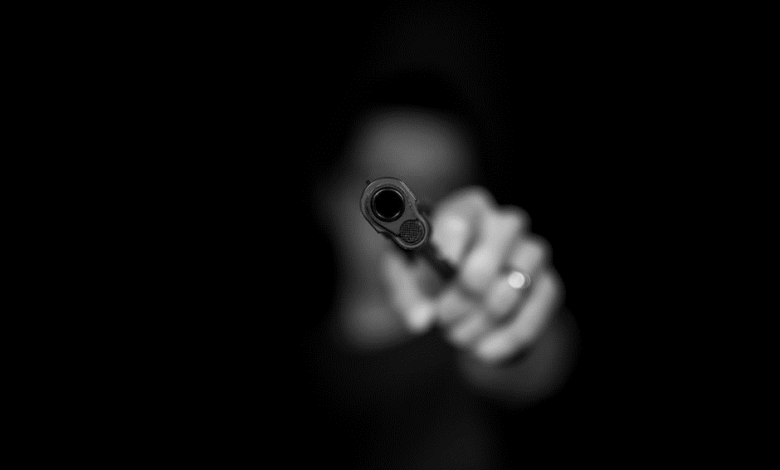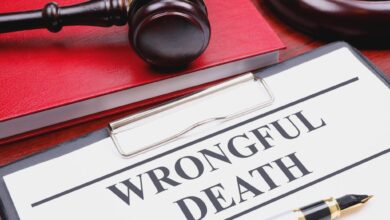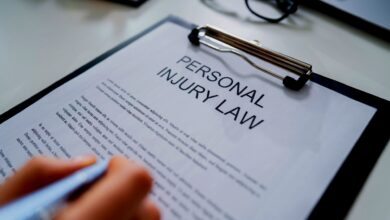Most Common Defenses for Weapons Offenses

It can sometimes seem like there’s no way to reduce or eliminate charges for weapons offenses. If you’re caught using a weapon, you can be charged with many crimes in the criminal code. However, the average criminal case isn’t always that straightforward, and your chosen lawyers might be able to use some of the following defenses to affect your legal outcome.
Read More: What Type of Offenses Require a Criminal Defense Lawyer?
Self-Defense
When you meet with criminal lawyers in Edmonton, you’ll be asked to share your side of the story leading up to being charged with weapons offenses. If you used a weapon to defend yourself, you might be able to use self-defense as a defense strategy for your case.
Self-defense describes using violence or deadly force to protect yourself or someone else. However, the severity of the violence must be proportionate to the threat. Many factors can be involved in using self-defense as a criminal law strategy, such as:
- Who the aggressor was
- Whether the defendant had a reasonable belief of physical harm
- Whether the defendant’s force was reasonable
Abuse
Your chosen criminal lawyer might be able to use a victim of abuse defense if you can prove physical and psychological abuse led to your offense. Some people who’ve had to endure constant violence and abuse at the hands of a partner or spouse can end up feeling like the only way to be free of it is by acting violently against them.
The battered woman defense has been used in many high-profile cases. In 1986, Manitoba resident Angelique Lavallee was acquitted of second-degree murder after killing her partner Kevin Rust. She shot Kevin in the back of the head after a heated argument. The court learned that Angelique was frequently abused and believed she would be killed that night.
Insanity
Not everyone in possession of a weapon is in their right mind when they use it. In such a situation, criminal lawyers might recommend that their clients plead insanity. This means they are mentally incapacitated and can’t be criminally punished. Typically, this form of defense requires a psychiatrist’s testimony. They review the defendant’s background, examine the case facts, and meet with the defendant before reaching a conclusion.
Justifiable Homicide
Murder is a severe charge, and any defendant might think they don’t stand a chance of receiving anything but the harshest penalty. However, the circumstances leading up to murder can sometimes affect a case’s outcome.
Your criminal lawyer might recommend the justifiable homicide defense in which someone is justified in their actions. Typically, this defense is used when a serious crime would have been committed if the defendant didn’t act.
Read More: When to Hire a Criminal Defense Attorney?
Infancy
The infancy defense describes defendants as not being subject to criminal prosecution because they’re too young to commit a crime. Essentially, the defendant doesn’t have the maturity to form criminal intent. Most states can try juveniles as adults, but each state has different minimum ages of criminal responsibility.
15 states set their minimums from six to 12 years old, with the remaining states putting the minimum age at seven. In the Roper v. Simmons case in 2005, the U.S. Supreme Court also ruled that it was unconstitutional to impose the death penalty for crimes committed by people under the age of 18.
There are no guarantees that you won’t be charged with weapons offenses. However, with the best legal representation, your lawyers can be by your side throughout all legal proceedings and fight for your right to a fair outcome.












One Comment